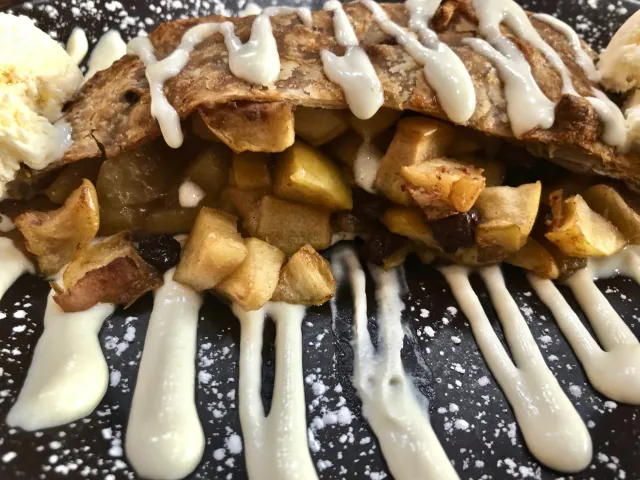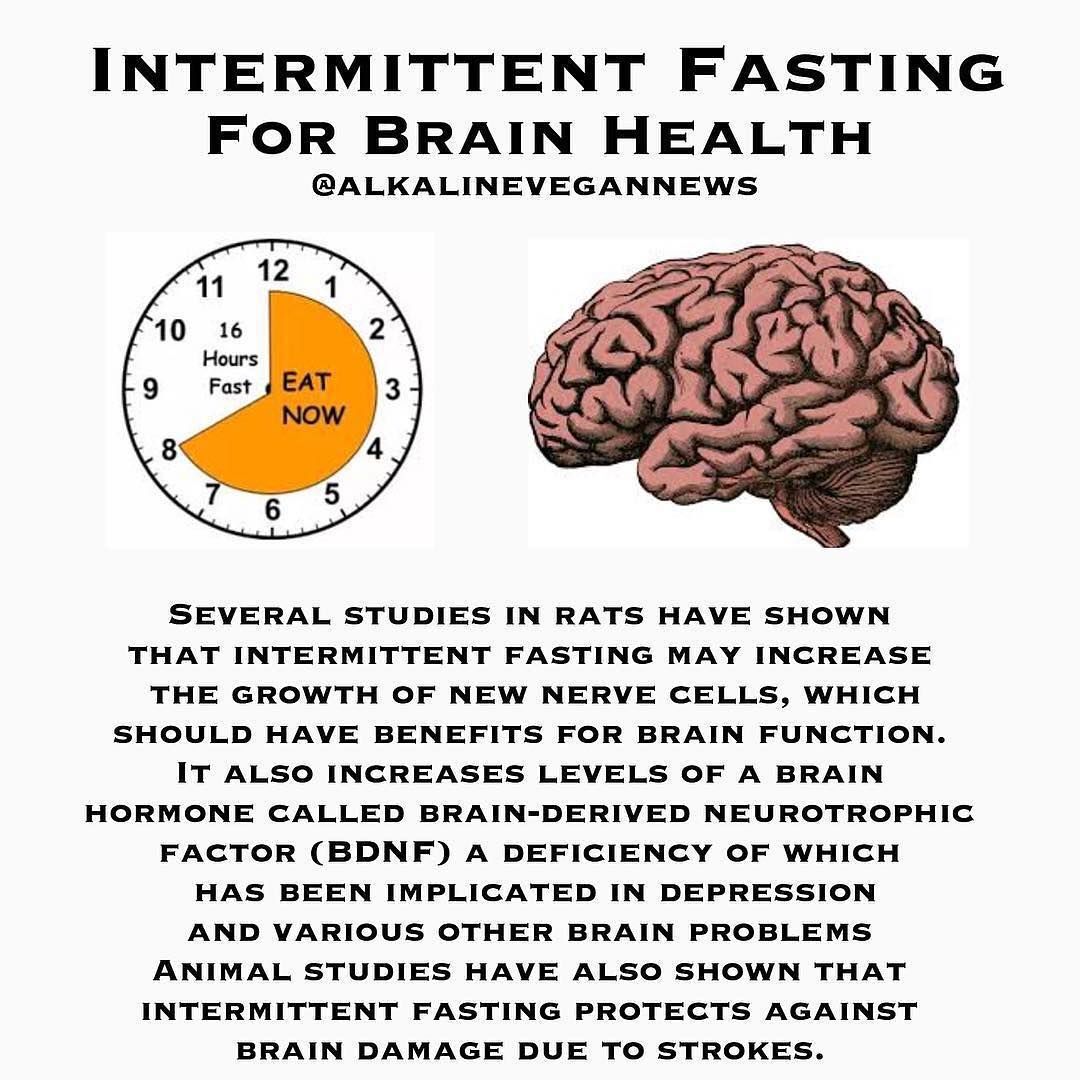A mother’s relationship with food and body image plays a crucial role in shaping her child’s attitudes and behaviors around eating. When a mother engages in dieting or displays disordered eating patterns, her child may be exposed to a pervasive diet culture that can have long-lasting effects. In this article, we delve into the inherited diet culture and the impact it has on a child’s relationship with food.
Modeling Behavior:
Children are highly impressionable and learn by observing their parents. A mother’s dieting behaviors can be influential in shaping her child’s beliefs about food and body image. If a mother constantly talks about dieting, restricts certain foods, or engages in disordered eating habits, her child may internalize these behaviors and develop a similar mindset. This can lead to an unhealthy relationship with food, including restriction, obsession, and guilt.
The Transmission of Food Guilt:
When a mother follows strict diet rules or expresses guilt after indulging in certain foods, her child may begin to associate food with guilt as well. This can create a negative cycle where the child feels guilty or ashamed for enjoying certain foods, leading to an unhealthy relationship with eating. The inherited diet culture perpetuates the idea that certain foods are “good” or “bad,” which can contribute to disordered eating patterns.
Body Image and Self-Esteem:
A mother’s preoccupation with weight and appearance can significantly impact her child’s body image and self-esteem. Constantly hearing negative self-talk or witnessing body dissatisfaction can lead the child to develop similar feelings. This can manifest as body image issues, low self-esteem, and even the development of disordered eating behaviors in an attempt to attain the perceived “ideal” body.
Diet Mentality and Restriction:
When a mother adopts a diet mentality, her child may learn to view food as a source of restriction rather than nourishment. This can lead to an unhealthy relationship with food characterized by rigid rules and deprivation. Children who grow up in this environment may struggle with intuitive eating, making it challenging for them to recognize their body’s hunger and fullness cues.
Breaking the Cycle:
It is essential to recognize and break the inherited diet culture to promote a healthy relationship with food for both mother and child. Here are some strategies to consider:
- Foster a positive food environment: Encourage a balanced approach to eating by including a variety of foods in meals and snacks. Avoid labeling foods as “good” or “bad” and promote moderation and enjoyment.
- Promote body positivity: Focus on body acceptance and teach children to appreciate their bodies for what they can do rather than how they look. Encourage positive self-talk and challenge negative body image messages.
- Educate on intuitive eating: Teach children about intuitive eating, which emphasizes listening to their body’s hunger and fullness cues. Help them develop a healthy relationship with food based on nourishment, pleasure, and satisfaction.
- Practice self-care: Mothers should prioritize self-care and model healthy behaviors for their children. This includes engaging in enjoyable physical activities, practicing self-compassion, and seeking support when needed.
- Seek professional guidance: If a mother has a history of disordered eating or struggles with her own relationship with food, seeking support from a registered dietitian or therapist who specializes in eating disorders can be beneficial.
Conclusion:
The inherited diet culture has a significant impact on a child’s relationship with food and body image. Mothers have a unique opportunity to shape their child’s attitudes and behaviors surrounding eating by promoting a positive food environment, body positivity, and intuitive eating principles. By breaking the cycle of inherited diet culture, we can foster healthier relationships with food, promote body acceptance, and cultivate a positive relationship with our bodies for future generations.










